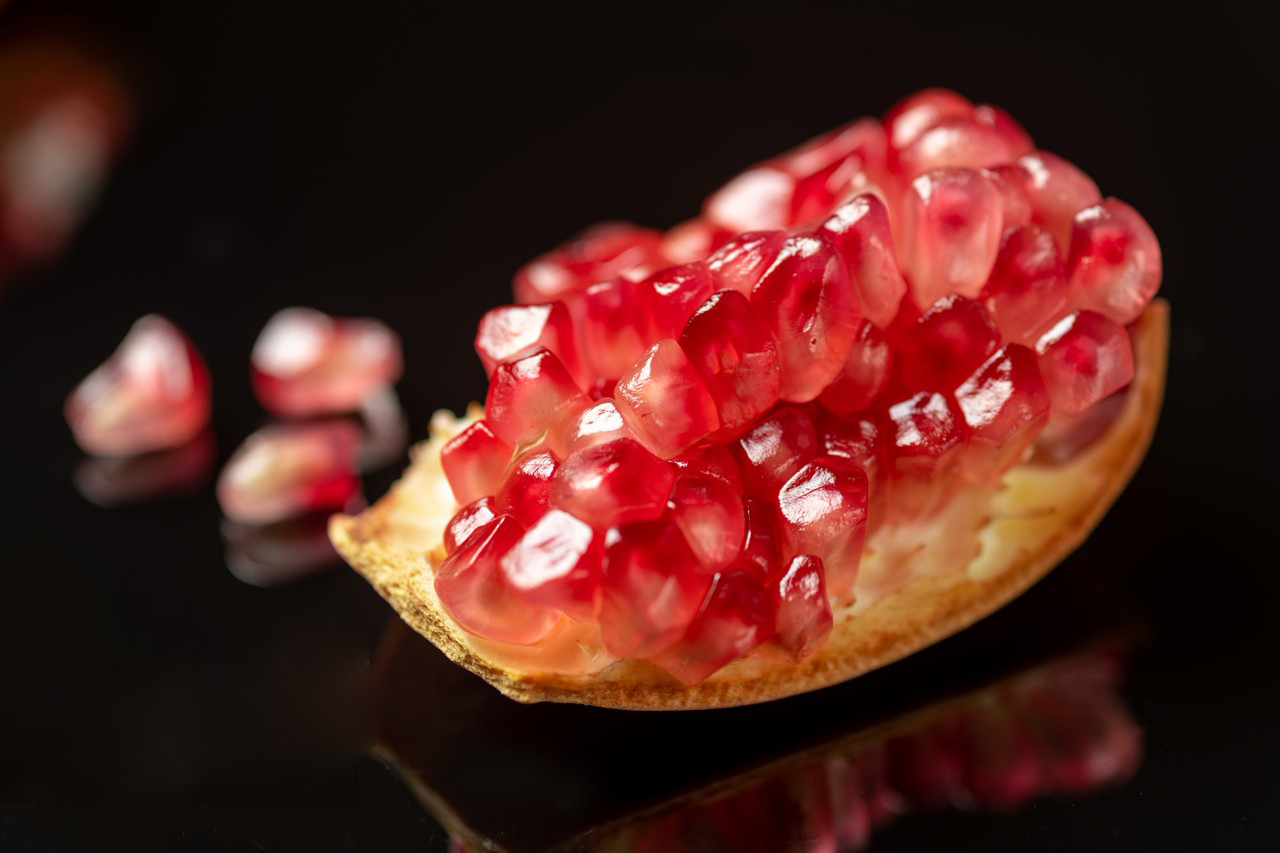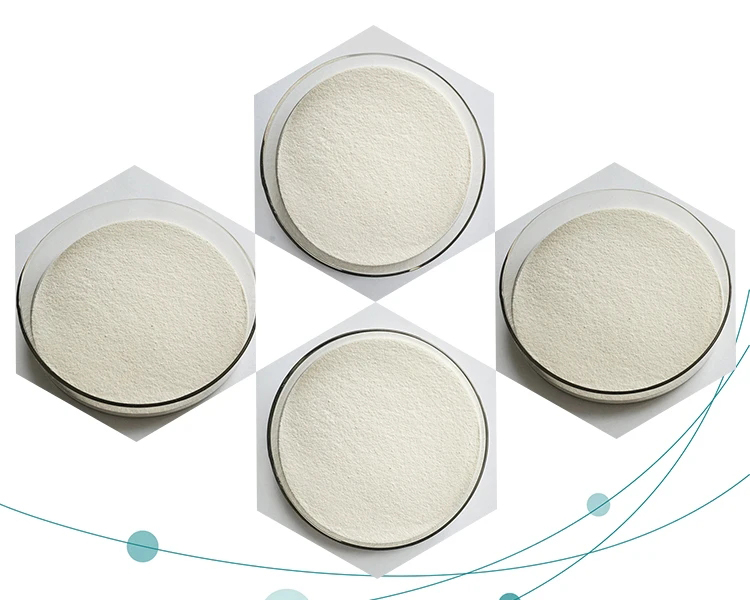Urolithin A is a metabolite produced by the gut microbiota during the digestion of ellagitannins, which are polyphenolic compounds found in certain fruits and nuts. Ellagitannins are particularly abundant in foods such as pomegranates, strawberries, raspberries, walnuts, and certain other fruits. When these foods are consumed, the ellagitannins are broken down in the gut by bacteria into urolithin A.
Urolithin A has gained attention due to its potential health benefits, particularly its association with various cellular and mitochondrial functions. Some studies suggest that urolithin A may have anti-inflammatory and antioxidant properties. Additionally, there is ongoing research exploring its potential role in promoting mitochondrial health and longevity.

How to use Urolithin A?
Urolithin A is a compound that is produced in the gut when ellagic acid, a polyphenol found in certain foods, is metabolized by gut bacteria. Urolithin A has been studied for its potential health benefits, including its antioxidant and anti-inflammatory properties. While research on Urolithin A is still in the early stages, some studies suggest that it may have positive effects on muscle health and mitochondrial function.
Here are some general guidelines on how to potentially increase Urolithin A levels:
1.Consumption of Ellagic Acid-Rich Foods:
Ellagic acid is found in certain fruits, nuts, and seeds. Foods like pomegranates, strawberries, raspberries, blackberries, and walnuts are good sources of ellagic acid.
2.Gut Microbiota Health:
Urolithin A is produced by the gut microbiota through the metabolism of ellagic acid. Maintaining a healthy gut microbiome is important for the production of Urolithin A. Eating a diet rich in fiber and fermented foods can contribute to a healthy gut.
3.Prebiotics and Probiotics:
Consuming prebiotic-rich foods (foods that feed beneficial gut bacteria) and incorporating probiotics (beneficial bacteria) may support a healthy gut environment.

4.Supplements:
As of my knowledge cutoff in January 2022, there are some supplements available that contain Urolithin A. However, it’s essential to consult with a healthcare professional before taking any supplements to ensure safety and effectiveness, as the research on Urolithin A is still evolving.
5.Physical Activity:
Some studies suggest that exercise may enhance the production of Urolithin A, potentially contributing to its beneficial effects on muscle health and mitochondrial function.
It’s important to note that while Urolithin A shows promise in various areas of health, more research is needed to fully understand its mechanisms and potential benefits. Additionally, individual responses to dietary interventions can vary, so it’s advisable to consult with a healthcare professional or a registered dietitian before making significant changes to your diet or taking supplements.
